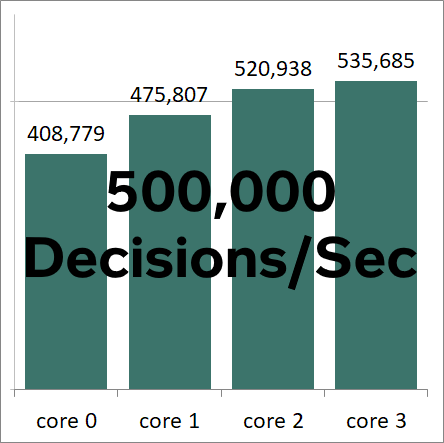
338, 346 (1974), § 215’s power cannot be interpreted in a way that defies any meaningful limit. Just as “the grand jury’s subpoena power is not unlimited,” United States v. We conclude that to allow the government to collect phone records only because they may become relevant to a possible authorized investigation in the future fails even the permissive “relevance” test. But such an assumption is a far cry from an unexpressed intention to withdraw rights granted in a generally applicable, explicit statute such as the At most, the evidence cited by the government suggests that Congress assumed, in light of the expectation of secrecy, that persons whose information was targeted by a § 215 order would rarely even know of such orders, and therefore that judicial review at the behest of such persons was a non‐ issue. We should be cautious in inferring legislative action from legislative inaction, or inferring a Congressional command from Congressional silence. Congress, of course, has the ability to limit the remedies available under the APA it has only to say so. That is not enough to overcome the strong presumption of the general command of the APA against such implied preclusion. he government relies on bits and shards of inapplicable statutes, inconclusive legislative history, and inferences from silence in an effort to find an implied revocation of the APA’s authorization of challenges to government actions. If the telephone metadata program is unlawful, appellants have suffered a concrete and particularized injury fairly traceable to the challenged program and redressable by a favorable ruling. 259, 264 (1990) (internal quotation marks omitted). “ violation of the Amendment is fully accomplished at the time of an unreasonable governmental intrusion.” United States v. Whether or not such claims prevail on the merits, appellants surely have standing to allege injury from the collection, and maintenance in a government database, of records relating to them.

We think such collection is more appropriately challenged, at least from a standing perspective, as a seizure rather than as a search. Appellants contend that the collection of their metadata exceeds the scope of what is authorized by § 215 and constitutes a Fourth Amendment search. The Fourth Amendment protects against unreasonable searches and seizures. And, as the district court observed, it is not disputed that the government collected telephone metadata associated with the appellants’ telephone calls. Appellants challenge the telephone metadata program as a whole, alleging injury from the very collection of their telephone metadata.


 0 kommentar(er)
0 kommentar(er)
